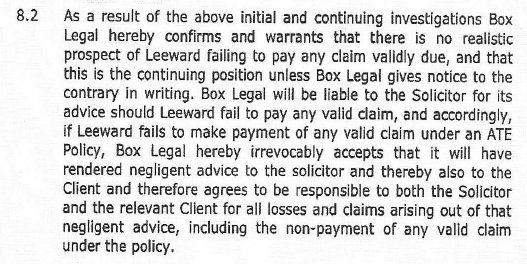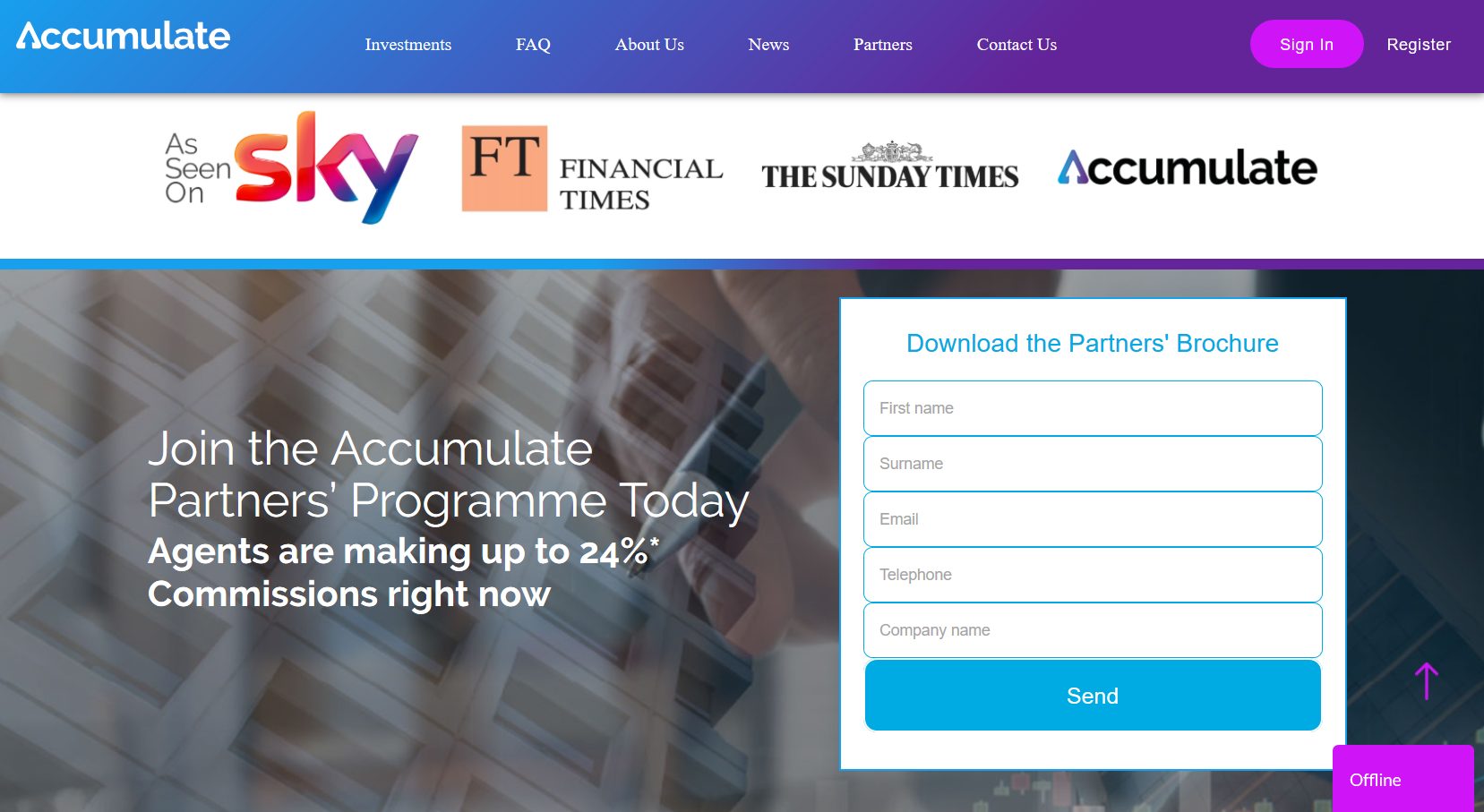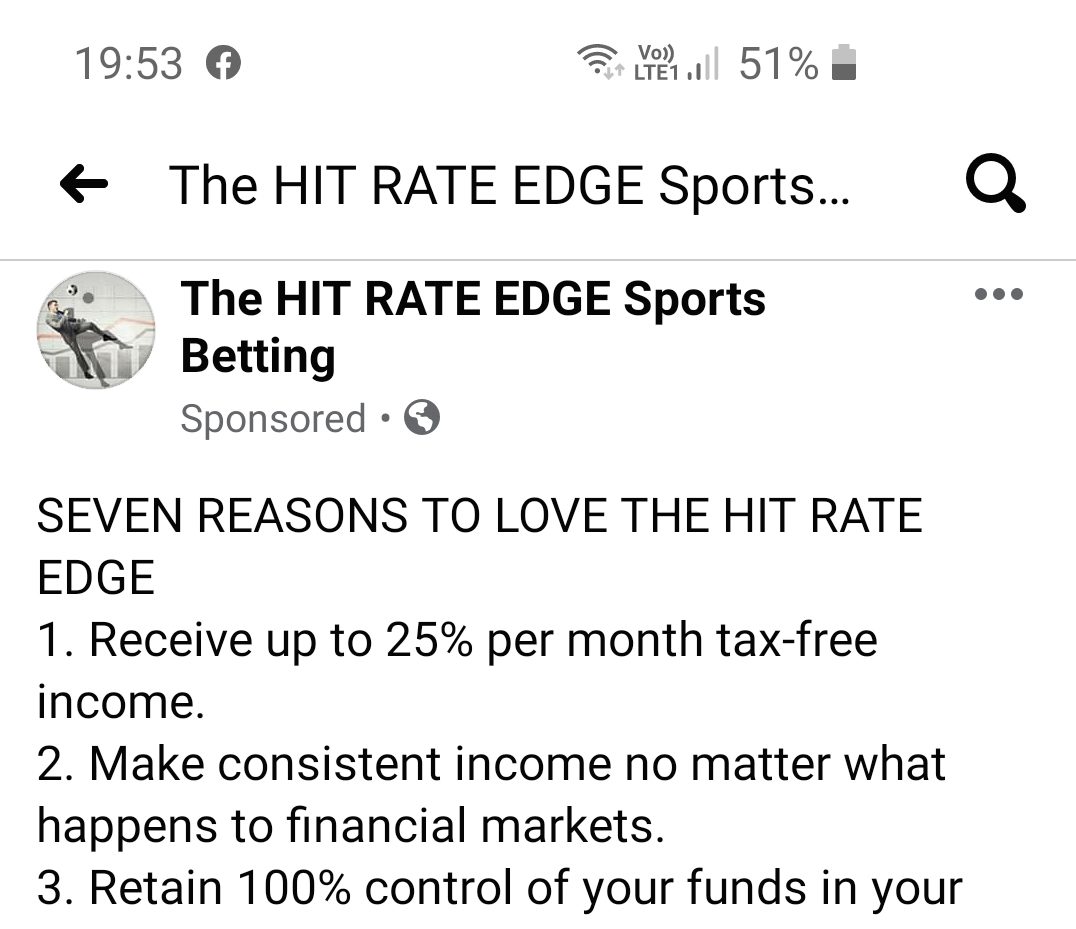To nobody’s great surprise, the FCA announced last week that the temporary ban on marketing minibonds to retail investors would be extended indefinitely.
It would have been big news if the FCA had come up with any reasons why promotion of ultra high risk unregulated minibonds to retail investors should be allowed to start up again.

The FCA’s announcement glossed over the fact that even before the “ban”, high risk minibonds should never have been promoted to unsophisticated retail investors to start with.
To take the £230m potentially lost in London Capital and Finance as an example, the FCA had more than enough ammunition to stop LCF’s bonds being sold to retail investors without a general ban on minibonds, long before the scheme collapsed in late 2018.
LCF was systematically and brazenly promoted to UK retail investors via Google Ads and websites which misleadingly compared the bonds to FSCS-protected cash accounts. Its own website claimed at one point that it had “£685.3m assets held as security” to cover £215m of investor funds, which we now know from administrators’ reports was completely false.
The FCA’s Second Supervisory Notice in late 2018 belatedly confirmed this, at the same time the FCA sealed LCF’s fate by closing it to new investment. It could have done this at any time since 2014, when whistleblowers from the industry repeatedly tried to bring LCF to the FCA’s attention.
But the FCA did nothing. Not because there wasn’t a general minibond advertising ban in place. But because of the FCA’s belief that unsophisticated investors putting £230m they almost certainly can’t afford to lose in high-risk schemes doesn’t matter, on the grounds that it’s only £230m.
£1.4 billion still at risk
The FCA revealed that retail investors have £1.4 billion invested in “speculative illiquid securities”, a catch-all term for minibonds, bonds “listed” on backwater exchanges with almost no trading, and similar products. This is presumably even after £1 billion was lost from such schemes in 2019 alone.
The FCA acknowledged in December 2018 that its original temporary ban would result in some unregulated schemes collapsing due to new investment drying up.
To quote the Texas Chainsaw Masscare, who will survive and what will be left of them?
Meet the new boss
In other regulatory news, the Chancellor at last appointed a new permanent head of the FCA this week to replace the hapless Sir Andrew Bailey, appointing former civil servant and LSE head Nikhil Rathi.
Rathi is a lifelong mandarin, having been a private secretary to Tony Blair and then Gordon Brown from 2005 to 2008, then spending five years at the Treasury. He then spent 5 years at the London Stock Exchange, nominally a private company but in reality, being the gatekeeper between the private sector and retail investors, part of the UK financial regulatory skyline.
In his statement, Rathi listed his priorities as “vulnerable consumers, embracing new technology, playing our part in tackling climate change, enforcing high standards and ensuring the UK is a thought leader in international regulatory discussions”. Which, the nod to “vulnerable consumers” aside, is not what anyone hoping for a more active FCA to stem the tide of consumer losses and Financial Services Compensation Scheme levies wanted to hear.
Rathi’s belief that the priority of a country which makes up 3% of world GDP should be to become a “thought leader in international regulatory discussions” suggests we are in for more conferences about excellent sheep.
Earlier this year Hong Kong Securities and Futures Commission chairman Ashley Alder was being widely linked with the job, but either he decided to stay in Hong Kong, or the UK Government decided that someone with a reputation for an activist and interventionist approach would scare the horses.
So the signs are that Rathi isn’t going to be picking up the six-shooters that Martin Wheatley left behind in 2015 any time soon.

















